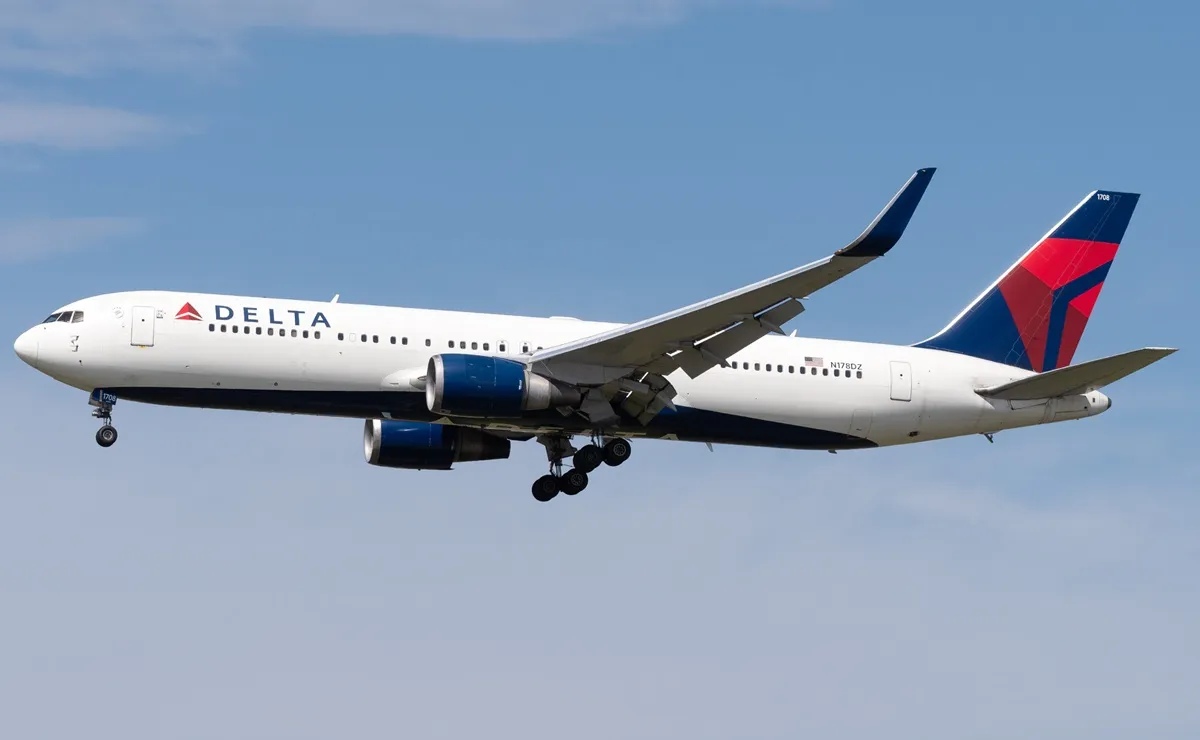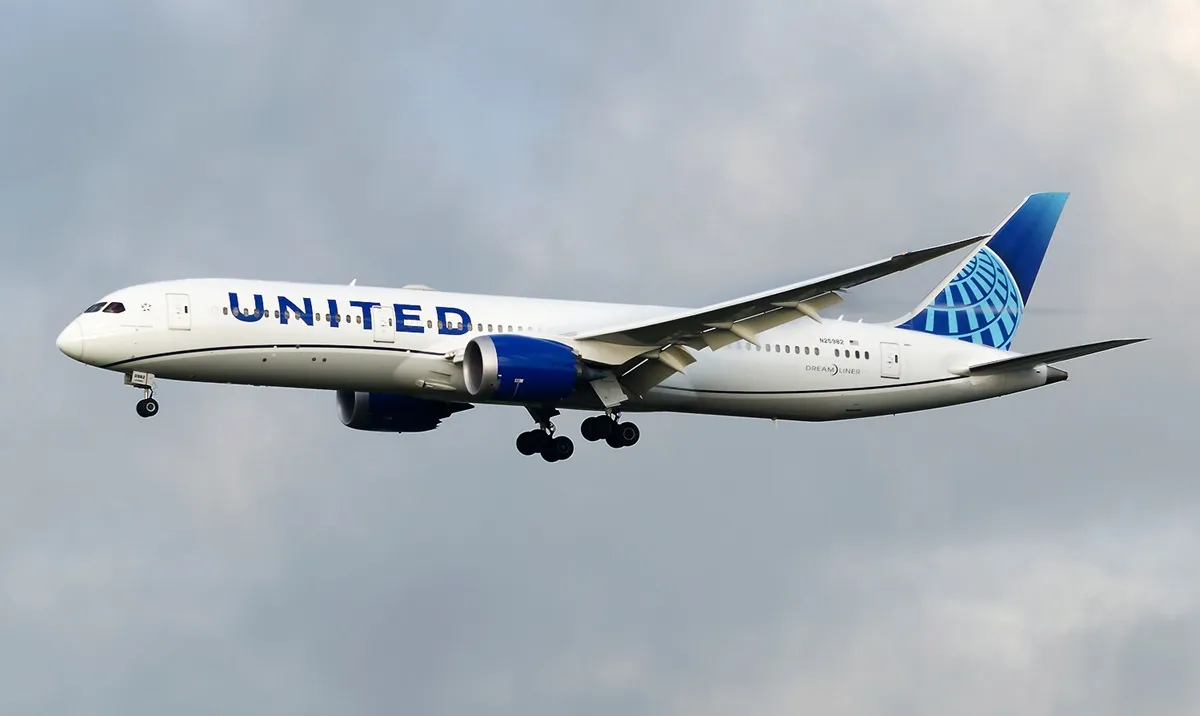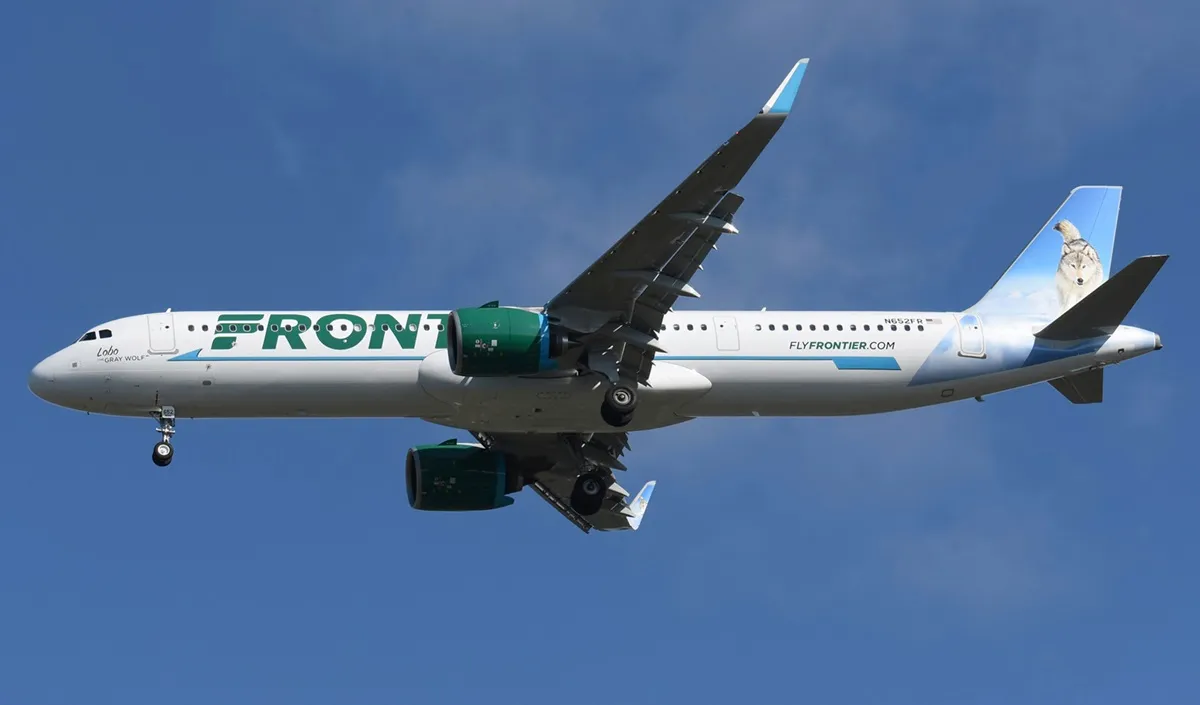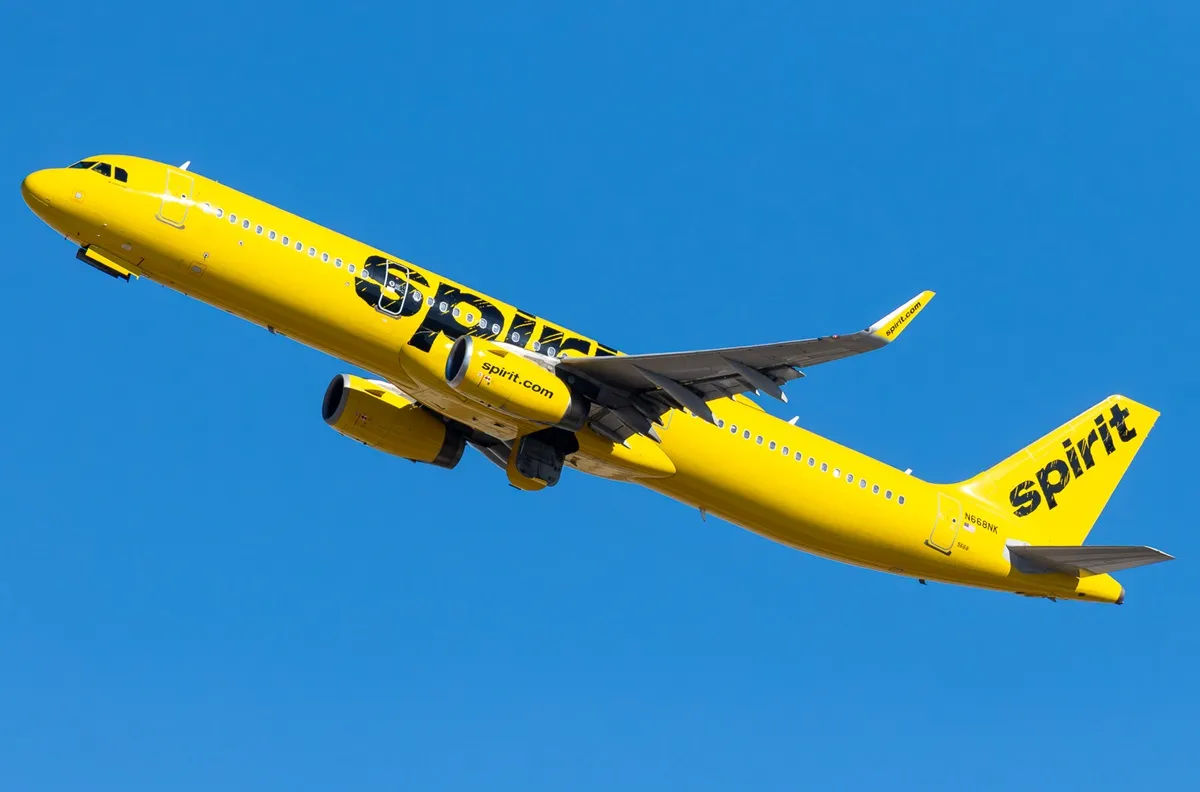
American Airlines is no longer resuming its daily service out of Miami into Port-au-Prince's Toussaint Louverture International Airport. American had initially suspended flights through February 12. The suspension is now indefinite.
A spokesperson for the U.S.-based carrier said that it will evaluate a possible resumption in late 2025 of the only daily service out of Miami International Airport into Haiti by a major U.S. airline.
This comes after The Federal Aviation Administration prohibited U.S. airlines from flying to Haiti for 30 days after gangs shot three planes.
Further, the United Nations temporarily suspended flights to Port-au-Prince on Tuesday, limiting humanitarian aid coming into the country.
The American Airlines statement read in part: "American has made the difficult decision to suspend daily service between Miami (MIA) and Port-au-Prince, Haiti (PAP)," the spokesperson said.
"We are proud of our more than 50-year-commitment to Haiti and we will continue to monitor the situation, assessing safety, security, and customer demand, in evaluating a return of service.
We will proactively reach out to impacted customers to offer a full refund of their travel itinerary."
Last month, several air carriers — including American Airlines, JetBlue Airways and Spirit Airlines — announced the suspension of daily flights into Haiti after confirmation their planes were hit by gunfire while in Haitian airspace in early November.
Neither Spirit nor JetBlue has said if and when they will resume Haiti flights.
JetBlue Airways operates flights both out of Fort Lauderdale-Hollywood International Airport and John F. Kennedy International Airport into Port-au-Prince.
Spirit Airlines, which was approaching Toussaint Louverture International Airport with passengers when the bullets struck, also suspended its service between Fort Lauderdale and Cap-Haïtien in the north of the country.
No passengers were injured.
The ban on commercial and cargo flights has created severe problems for Haitians. The roads in and out of the capital are controlled by armed gangs, and mudslides last week buried two major roads connecting Cap-Haïtien and the capital.
Those making it out of the capital have either had to beg for a ride on a government-leased helicopter meant for the purpose of moving security forces to hot zones or pay $2,500 for a ride on a privately leased helicopter with a 20-pound weight limit.
The FAA initially placed all of Haiti under the flight ban. It later amended its decision to exclude airports outside of the capital.
The only other airport that can receive commercial international flights, Hugo Chavez International Airport, is in the northern city of Cap-Haïtien.
Today, the small airport serves as the only air bridge in and out of the country. The airspace between Haiti and the Dominican Republic is still closed.
The Bahamas suspended flights into the country. The only direct service to the U.S. currently is via Haiti-owned Sunrise Airways.
Despite that, it has not stopped the United States from deporting Haitians back to the country.
Last week, the Department of Homeland Security flew 70 deportees into Cap-Haïtien despite days of heavy rains that had left the city flooded and all access out of the city to other parts of Haiti blocked.



